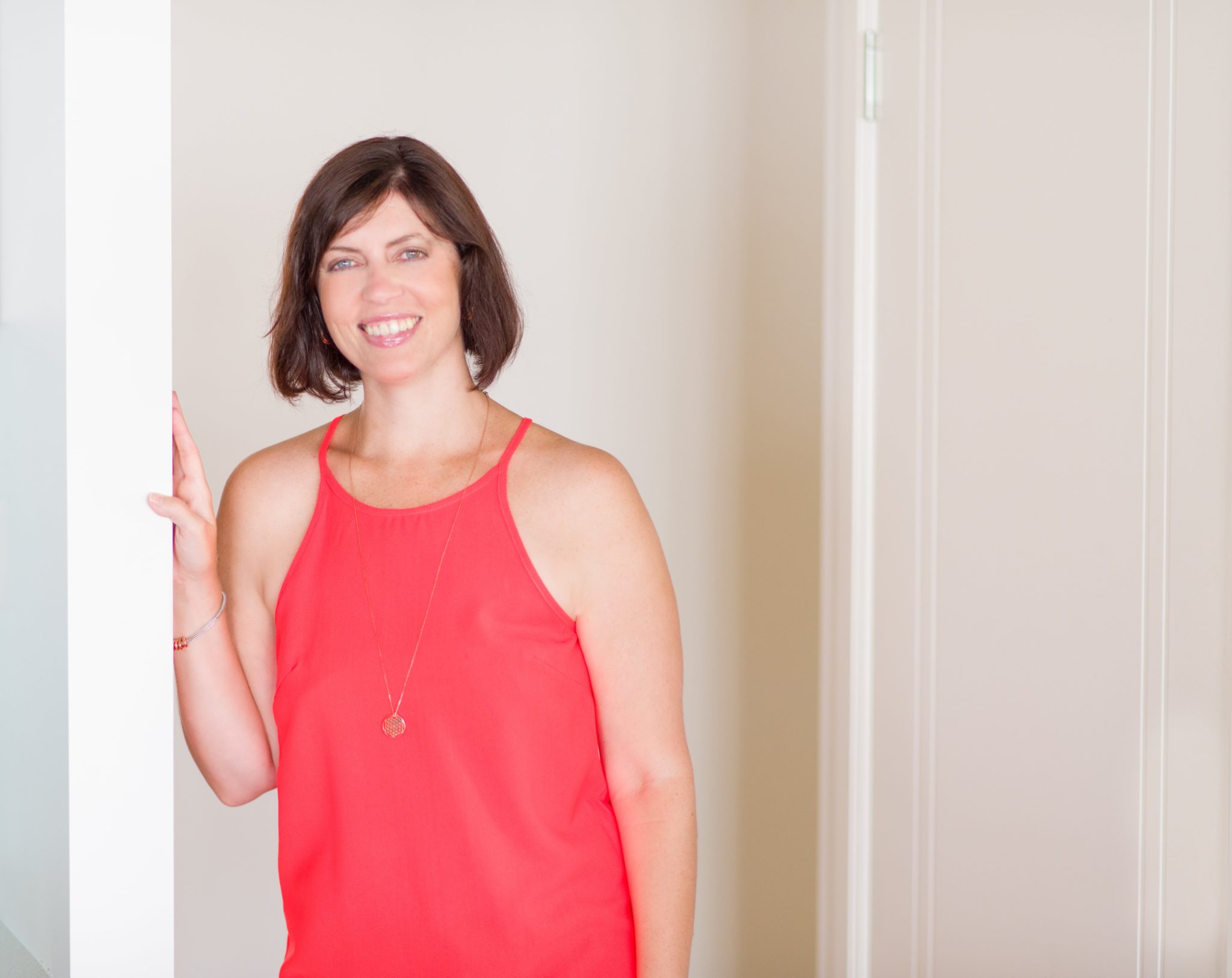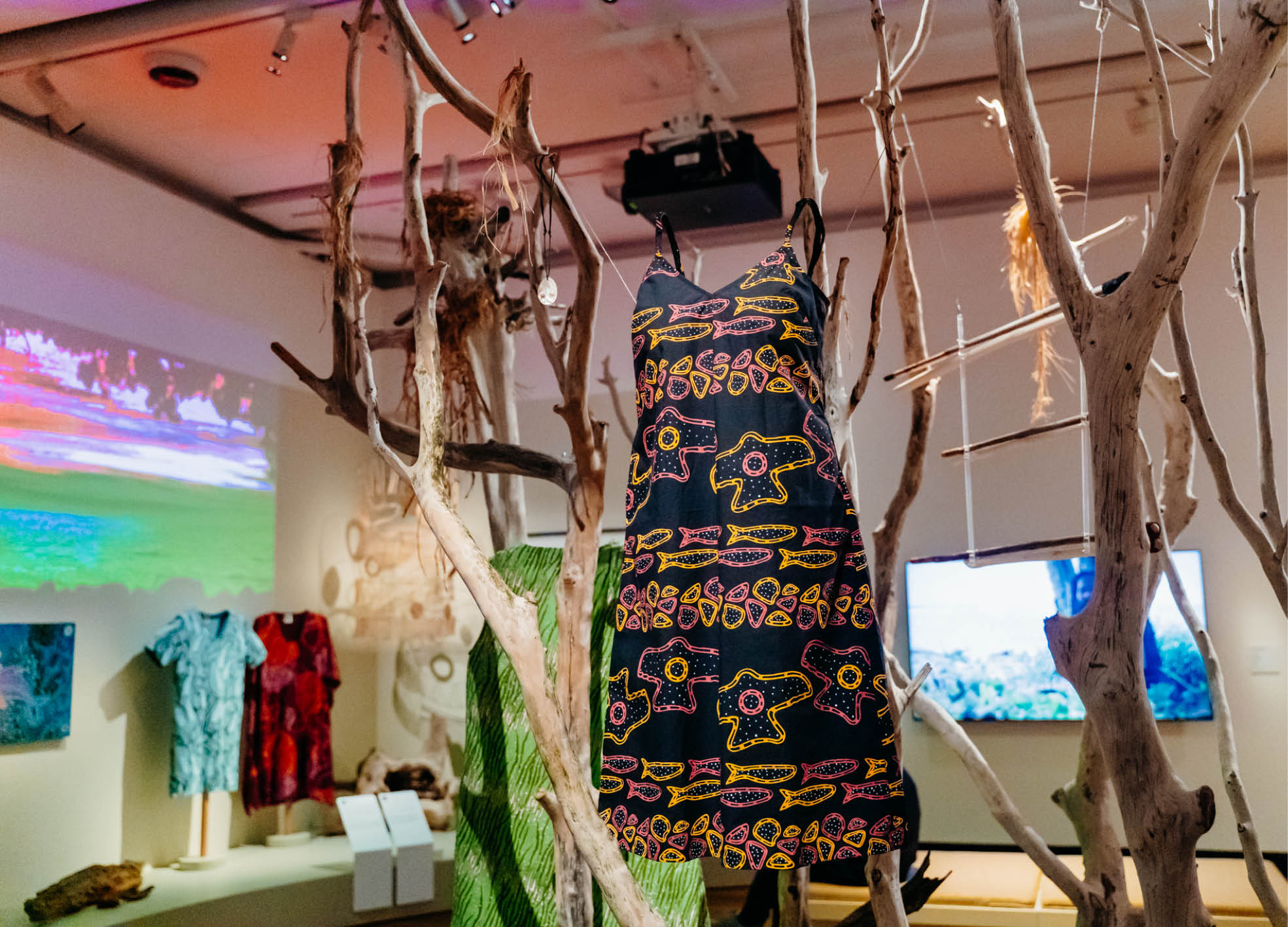How to Look on the Bright Side

- Words by Peppermint
Dr Rebecca Ray is a writer, author and happiness enthusiast who has been a Clinical Psychologist for over a decade. That experience made her realise we all want to go to the same place: a place where surviving is reserved for times of crisis and thriving is normal. With that in mind, she founded Happi Habits – a program designed to help people live their best life possible – and has just released Be Happy: 35 Powerful Habits for Personal Growth and Well-Being. We’re over the moon she’ll be speaking at our Brisbane Peptalks event on Thursday 14th June – here’s an extract from the book to whet your appetite for her gems of wisdom (and just a handful of tickets are remaining – grab the lucky last whilst you can!)
If there is any topic on which your inherent choice needs to be emphasised, it is choosing to look on the optimistic side of events rather than on the pessimistic side. It’s true that our brains have a bias towards negativity, thanks to the pesky need to focus on survival that we inherited from our ancestors. This means that it’s natural to focus on problems. It’s natural for our minds to first point out the things that aren’t working, or our flaws and mistakes, or the obstacles in front of our goals.
What’s not usually automatic is looking towards the brighter side of how things might work out.
Your sense of happiness and contentment will grow when you focus your energies on things turning out for the better (perhaps not always the best, but for the better) in the long run. And when things go wrong, optimism strengthens your capacity to be able to cope, recover, and rebuild.
Whether your viewpoint is optimistic or pessimistic depends on three ways you interpret negative events:
- Do you tend to assume that horrible circumstances or feelings are here to stay, or do you remind yourself that they will pass and give way to better days?
- Do you tend to view negative things as all-encompassing, as taking up your entire life and defining your entire character, or are you able to view those things in balance with the positive things/characteristics that are also present?
- Do you take negative things personally and turn the blame upon yourself, or do you attribute negative things to factors outside of yourself?
The direction in which you interpret negative and positive events has a considerable impact on your approach to life overall. Being able to turn toward the bright side of life by choice, and with full acknowledgment that there is effort involved, helps us to move towards thriving. It’s a choice we make, even when our typical state might be to focus on the negative. Our default states can even change over time, if we take the time to practice new ways of thinking that eventually rewire our brains.
Why would you bother, though? If it’s difficult to do, why would you add the extra effort to your life when you might already be struggling to simply get through the day? Because healthy well-being is a project that takes an entire lifetime, and because you’re here trying to improve yourself. A choice toward optimism is a choice towards your future happiness.

MAKE A HABIT OF… Choosing the bright side
Here’s how to make a habit of staying positive.
LOOK ON THE BRIGHTER SIDE
Ask yourself the following questions:
- Is there a positive side here?
- Will I look back on this and see that there is a bright side? Can I see that side now?
- Who could show me the bright side?
IMAGINING THE GOOD
Grab your journal and pen and pick an area of your life that is a priority for you right now. It might be your role as a parent, it might be your business, or perhaps it’s your health. Take at least ten minutes to journal about this area of your life working out exactly as you dreamed it would be. If everything went your way, and dreams came true, what would it look like? Allow yourself to shift into hope and feel what it’s like to imagine the good. Do this for as many life areas as need them.
REFLECTING ON WHEN THINGS HAVE TURNED OUT WELL
Take a moment to look back on times when you entered into a negative place. (I know, it hurts. But trust me, there’s a reason for it.) Now think of how things actually turned out. Was it as bad as you thought it would be? And if it was bad at the time, what did it bring into your life that was ultimately good for your well-being? A special person? A new perspective? A lesson learned?
JOIN OUR MAILING LIST
Brighten up your inbox with our not-too-frequent emails featuring Peppermint-related news, events, competitions and more!
explore
More articles
It’s beginning to look a lot like Christmas…. Which means we are officially entering party season. Work parties, friend-dos, family get-togethers and then we’re straight into New Year festivities. If you’re lucky enough, you might be staring down the barrel…
Look, I don’t want to make anyone panic but IT’S DECEMBER!!! If you’re planning to give homemade gifts, you’re going to have to act fast. …
Furred, feathered, fishy, scaled… The pets we choose are as diverse as our personalities. (And apparently, quite often we resemble each other.) But they all…
When you hang a painting on a wall, the story stays put. But when you wear a beautifully made garment that may as well be…
Hang out with us on Instagram
“We love that we can bring a hint of imagination and whimsy into everyday life by making ordinary objects fun. We’ve learned to appreciate the little wins and to take a moment for each step we achieve.”
Disillusioned by the realities of fast fashion, design grads Emily May and Sidonie Moore ditched clothing for a business that finds fun in the everyday. Enter @TheNonsenseMaker: a collection of unique homewares, fun wall art, greeting cards and more that breathe life into Emily’s illustrations: “I love the idea of taking real-world objects and changing your perspective in a way that brings magic and whimsy into everyday life!”
In issue 64’s feature ‘It all makes sense’, we chat to the Naarm/Melbourne-based duo about their sustainability philosophy, TV re-runs and their commitment to local makers. At stockists now!
Photos: @MeAndMyGirl
#PeppermintMagazine #TheNonsenseMaker #LocalMakers #SustainableCraft

Any New Year’s resolutions on your list? We love this from @OtterBeeStitching - “be brave enough to suck at something new”.
There’s no points for perfection, but you’ll get a trophy for trying. If nothing else this year, take the leap and try something new.
#OtterBeeStitching #Embroidery #BeBrave #TrySomethingNew #EmbroideryArt

Sunday serving suggestion ☀️
Gorgeous photos from @JolieFemmeStore - who make sweet garments from vintage bedsheets.
#PeppermintMagazine #SlowSunday #SwitchOff #Unplug #ReadAMagazine

A toast to the old you 🥂
We wholeheartedly love this post from the brilliant @EmilyOnLife:
“2026: Reinvent, burn it down, let it go (whatever it is). Year of the Snake it up. Exercise your boundaries, exercise your body, take one teeny step every day towards a life that feels better to be in.
But don’t you dare shit on your old self while you do it.
Hold yourself with reverence and tenderness and respect, because you got you this far. You did your very best with the information and tools you had at the time. You scraped yourself together, you made it work, you survived what felt impossible to survive: again and again and again.
You are perpetually in the process of becoming, whether you can feel it or not, whether or not you add it to your 2026 to-do list.“

Some very wise words from @Damon.Gameau to take us into 2026 🙌🏼

⭐️ We made it!!! ⭐️
Happy New Year, friends. To those who smashed their goals and achieved their dreams, and to those who are crawling over the finish line hoping to never speak of this year again (and everyone else in between): we made it. However you got here is enough. Be proud.
It’s been a tough year for many of us in small business, so here’s to a better year in 2026. We’re forever grateful for all your support and are jumping for joy to still be here bringing you creativity, kindness and community.
We’re also excited to be leaping into the NY with our special release sewing pattern – the Waratah Wrap Dress!
How great are our fabulous models: @Melt.Stitches, @KatieMakesADress and @Tricky.Pockets - and also our incredible Sewing Manager @Laura_The_Maker! 🙌🏼
Ok 2026: let’s do this. 💪🏼
#PeppermintWaratahWrapDress #PeppermintPatterns #SewingPattern #MeMade #WrapDress #WrapDressPattern

















